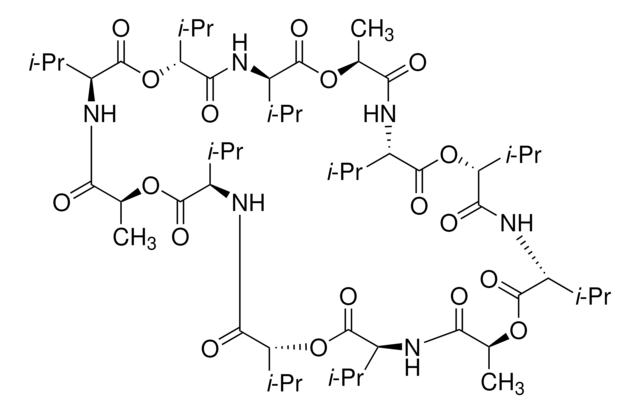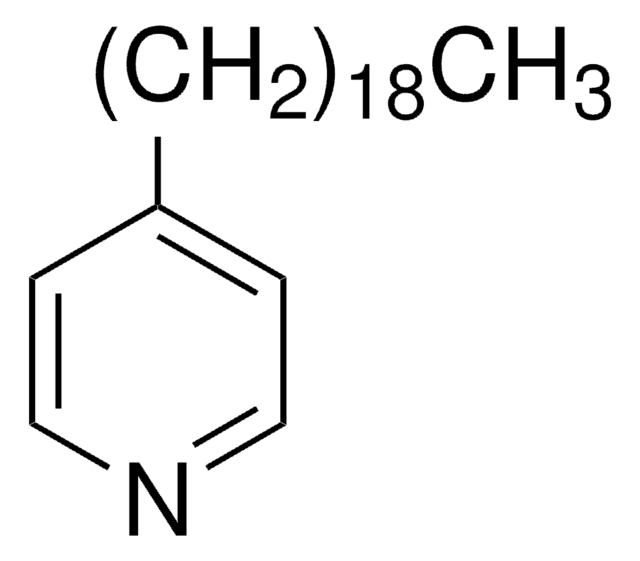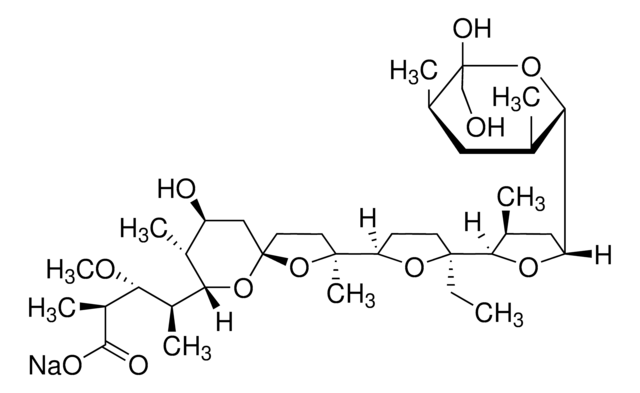99311
Potassium ionophore I - cocktail A
Selectophore™
About This Item
Productos recomendados
Línea del producto
Selectophore™
Nivel de calidad
formulario
liquid
composición
Dibutyl sebacate, 68.0 wt. % (84838)
1,2-Dimethyl-3-nitrobenzene, 25.0 wt. % (40870)
Potassium ionophore I, 5.0 wt. % (60403)
Potassium tetrakis(4-chlorophenyl)borate, 2.0 wt. % (60591)
Descripción general
Aplicación
Envase
Otras notas
Información legal
Producto relacionado
Palabra de señalización
Danger
Frases de peligro
Consejos de prudencia
Clasificaciones de peligro
Acute Tox. 2 Dermal - Acute Tox. 3 Oral - Aquatic Chronic 2
Código de clase de almacenamiento
6.1A - Combustible acute toxic Cat. 1 and 2 / very toxic hazardous materials
Clase de riesgo para el agua (WGK)
WGK 3
Punto de inflamabilidad (°F)
Not applicable
Punto de inflamabilidad (°C)
Not applicable
Equipo de protección personal
Eyeshields, Faceshields, Gloves, type ABEK (EN14387) respirator filter
Elija entre una de las versiones más recientes:
¿Ya tiene este producto?
Encuentre la documentación para los productos que ha comprado recientemente en la Biblioteca de documentos.
Nuestro equipo de científicos tiene experiencia en todas las áreas de investigación: Ciencias de la vida, Ciencia de los materiales, Síntesis química, Cromatografía, Analítica y muchas otras.
Póngase en contacto con el Servicio técnico










